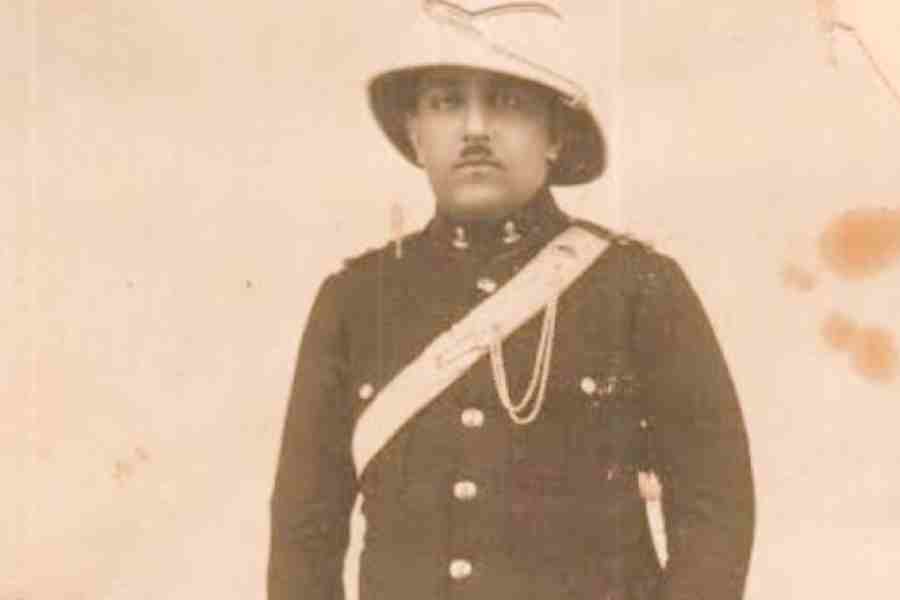August 14 is observed as Partition Horrors Remembrance Day in India. The day commemorates the bloodshed and human suffering that resulted because of the Partition. About 8 million non-Muslims and 7.5 million Muslims were evicted from their homes. The estimate of those killed has varied from five lakh to ten lakh. Whether the leaders who agreed to the Partition anticipated the catastrophe or not is a moot point. But leaders like Allah Bux Soomro (picture), who vehemently opposed Partition, certainly foresaw its horrible aftermaths.
The communal politics of the All India Muslim League and M.A. Jinnah made Partition inevitable. But all sections of the Indian Muslim community were not in its favour. Maulana Azad and Khan Abdul Ghaffar Khan opposed Partition. But it was Soomro who mobilised the anti-Partition sentiments among Muslims into a concrete organisational set-up. The All India Azad Muslim Conference led by him was a confederation of Muslim organisations opposed to Partition. While the Muslim elite sided with the League, the Muslim proletariat rallied behind Soomro. Within five weeks of the League’s Lahore Resolution, Soomro convened a mammoth convention of the Azad Muslim Conference in Delhi to air disapproval of the Lahore Resolution. Some 1400 delegates, belonging mostly to the lower castes and the working class, took part in the Delhi session. The participants included representatives of many Islamic theologians and women.
The Azad Muslim Conference was an umbrella organisation comprising the Jamiat-ul-Ulema-e-Hind, All India Momin Conference, All India Majlis-e-Ahrar-e-Islam, All India Shia Political Conference, the Khudai Khidmatgar, All India Muslim Majlis, Krishak Praja Party, Ahl-e-Hadees, Anjuman-e-Watan, and Ittehad Party. The Delhi convention of the Conference was a grand success. In his presidential address, Soomro thundered: “Whatever our faiths we must live together in our country in an atmosphere of perfect amity...’’ He pointed out that the majority of Indian Muslims who are descendants of the earlier inhabitants of India were sons of soil and had as much right to be reckoned among the earliest settlers of the common land. Debunking the ill-conceived Two-Nation Theory, Soomro underscored the long history of the shared heritage of Hindus and Muslims. He made it clear that communalism was the creation of ruling castes and classes among Muslims and Hindus. He strongly defended the rich and glorious composite culture of India. He asserted that the system of joint electorates was conducive to attaining harmonious relations among different communities in India.
Soomro had started his political innings by defeating an influential landlord in an election to the erstwhile Bombay Legislative Council in 1926. He held the seat for the next 10 years. With the introduction of provincial autonomy under the Government of India Act 1935, he formed the Ittehad Party along with Shah Nawaz Bhutto and Abdullah Haroon. He served as the premier of Sindh for two terms. During the Quit India movement, he abandoned his imperial titles and membership of the National Defence Council.
Soomro was murdered on May 14, 1943 by hired assassins at Shikarpur in Sind. In his tribute, C. Rajagopalachari opined that India had lost one of its most ardent and self-sacrificing spirits; someone who might have probably played a greater part in its future. The assailants were allegedly connected to the Muslim League.
Even as the sky of India is filled, once again, with grotesque communal clouds, the heroic saga of Allah Bux Soomro shines like the Polaris on the horizon of history.
Faisal C.K is Under Secretary (Law) to the Government of Kerala. Views are personal










